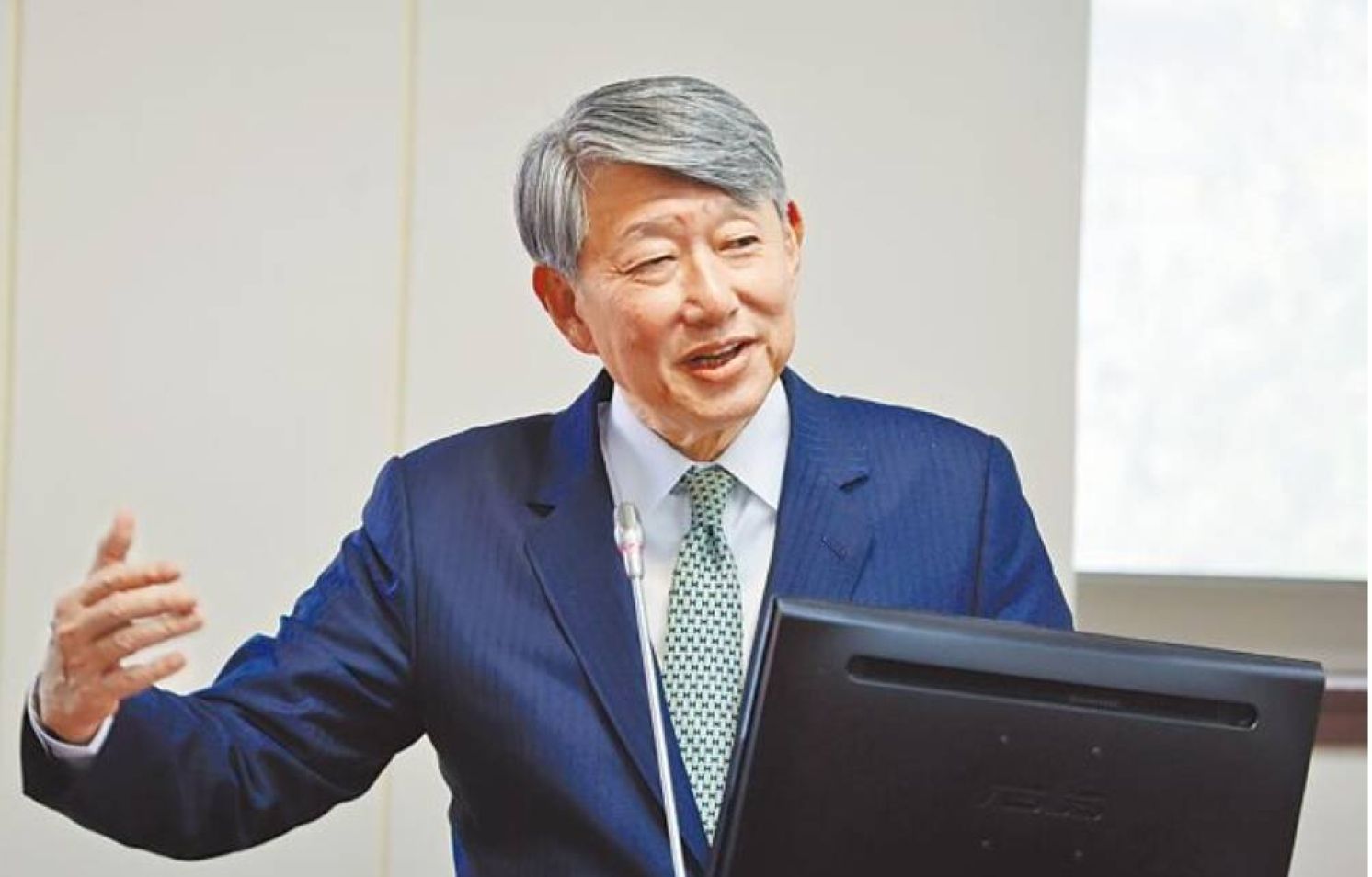
Minister Kuo's Plan to Move Factories to the U.S. Won't Escape Tariff War
Tu Chen-hua, China Times Commentary, November 28, 2024
U.S. President-elect Donald Trump has made bold statements, pledging to impose a 10 percent tariff on China and 25 percent on Canada and Mexico once in office, leaving many stunned. Taiwan already has a $47.7 billion trade surplus with the United States through September this year, making it difficult to avoid high tariffs. However, the economic strategy proposed by Minister of Economic Affairs JW Kuo in response to Taiwan’s trade challenges raises concerns.
Recently, Minister Kuo suggested helping Taiwanese companies in Mexico facing U.S. tariffs relocate to the United States, a "move to the U.S." solution that has puzzled many. Taiwanese businesses in Mexico are typically labor-intensive, low-tech industries. Moving them to the United States would only increase labor costs and make profits unfeasible. If these companies can already invest in Mexico, then they likely have the means to relocate to the United States without government assistance.
While Minister Kuo is a successful entrepreneur, running a national economy is very different from running a business. Maximizing the profits of individual companies does not equate to maximizing national economic benefits. Taiwan's global and U.S. influence is limited, and the government's ability to assist overseas businesses is also restricted. Given Taiwan's heavy reliance on the U.S. for defense and economic support, it cannot afford any pressure or retaliation from the United States.
Perhaps the Ministry of Economic Affairs should consider coordinating with the Ministry of Agriculture to release more agricultural land or utilize reclaimed coastal land to establish more industrial parks, offering affordable land for Taiwanese businesses to set up factories. Additionally, providing automation subsidies could help reduce production costs. This two-pronged approach would encourage Taiwanese businesses abroad to return to Taiwan, increasing employment and wages, and would be a more appropriate response. Only policies that benefit both individual businesses and the national economy should be considered by the government. Otherwise, it may raise questions about whose interests Minister Kuo is truly serving.
In fact, since taking office, Minister Kuo has been most notable for introducing the terms "overseas within domestic" and "domestic within overseas." According to his explanation, "overseas within domestic" means guiding Taiwan's manufacturing industries to invest abroad and expand markets; "domestic within overseas" refers to attracting high-value foreign investments and consumption to Taiwan. These terms could be simplified to: strengthen assistance for foreign investment and strive to attract foreign capital. Using such confusing and contradictory terminology only adds unnecessary complexity.
Earlier, the National Development Council proposed the free trade pilot zones which introduced the term "domestic within overseas," meaning that companies importing materials for production in Taiwan can be exempt from tariffs as long as the final products are not sold domestically. "Overseas within domestic" generally refers to businesses producing overseas using domestic inputs, and when the final product is re-exported to the home country, the domestic components are exempt from tariffs. It is also possible to treat a company’s overseas production as domestic production, allowing it to benefit from tariff exemptions under free trade agreements. For example, Singapore negotiated with the United States to allow its companies in Indonesia to export products to the United States tariff-free, just like Singaporean products.
Taiwan has extensive experience in building industrial parks and could collaborate with nearby countries like the Philippines to establish low-cost industrial parks on suitable islands for Taiwanese businesses. Signing a free trade agreement (FTA) with the Philippines could help Taiwanese businesses facing challenges abroad move their operations, lower costs, and supply the global market. This would be a win-win for both Taiwan and the Philippines. Any suggestions that only focus on helping businesses relocate without considering the broader national interest are neither practical nor beneficial to Taiwan.
From: https://www.chinatimes.com/opinion/20241128004973-262104?chdtv